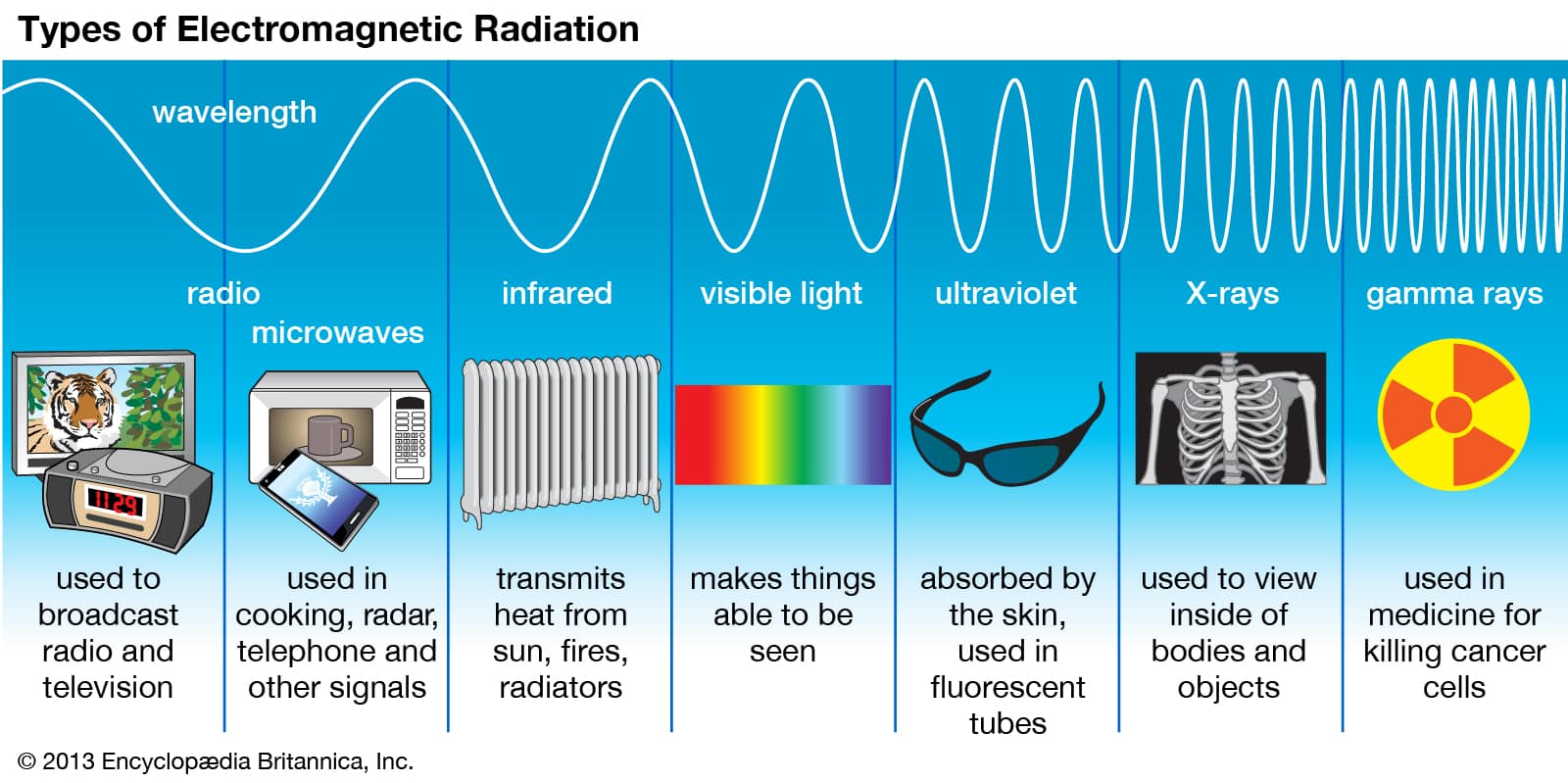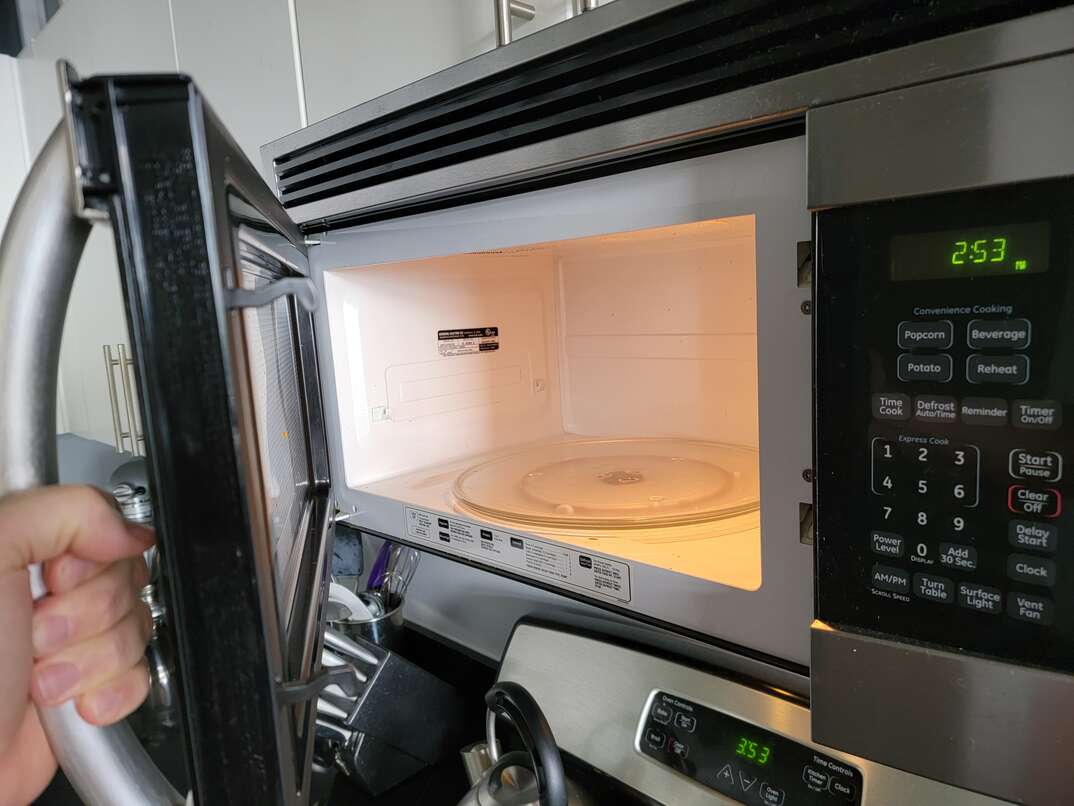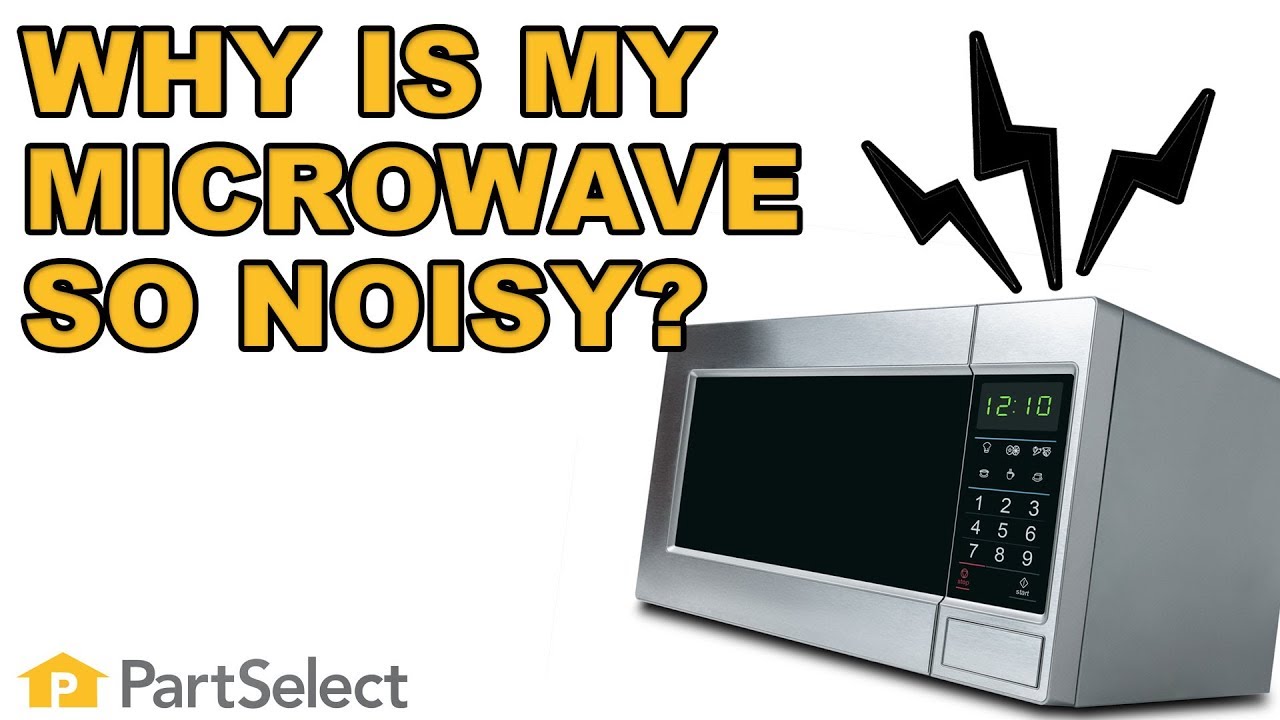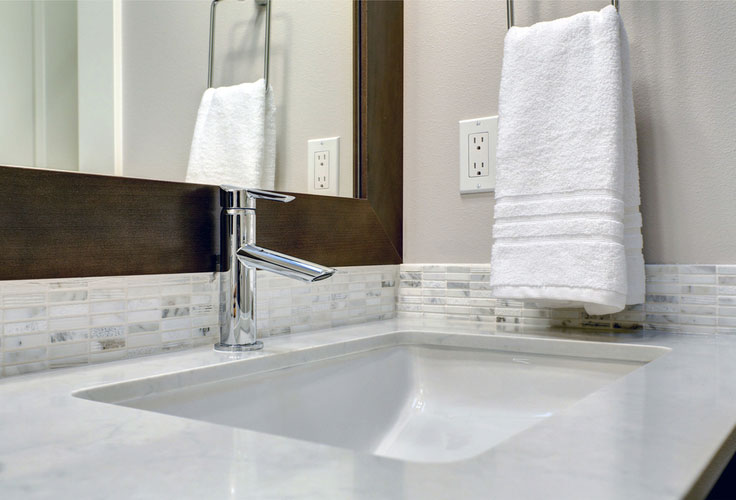Do you ever wonder why your microwave makes strange noises? Let’s explore the possible reasons behind this.
Squeaking, Buzzing, Crackling
If your microwave is making unusual noises, such as squeaking, buzzing, or crackling, it could be due to a faulty component. One common culprit is the magnetron, which is responsible for generating the heat in your microwave. If the magnetron is defective, it can cause these noises. In such cases, it’s best to have the microwave checked by a qualified technician to identify and fix the issue.
Motor Issues
Another potential reason for the noise could be related to the motor. If your microwave turntable is making unusual noises, it might indicate a problem with the drive motor. The motor-driven coupler, responsible for rotating the glass tray, may need to be replaced if it is making a grinding noise.

Credit: fredsappliance.com
Arcing or Popping Sounds
If your microwave is making arcing, sparking, popping, or other electrical sounds, it’s usually caused by the food item being cooked. Higher-fat content foods tend to pop and sizzle while cooking, especially if they are not covered. However, if these sounds persist even when the food is covered, it’s important to have the microwave checked to ensure there are no electrical issues.

Credit: www.homeserve.com
Faulty Diode
A loud humming noise in your microwave could indicate a faulty or worn-out diode. The diode is responsible for converting AC power to DC, supplying power to the magnetron. If the diode is defective, the microwave may not generate heat and will produce a humming noise instead. In such cases, the diode should be replaced to resolve the issue.
Is it Safe to Use?
If your microwave is making strange noises, you may wonder if it’s safe to use. In most cases, as long as the door seal is intact and there are no visible signs of damage, the microwave should be safe to use. However, it’s always recommended to have it checked by a qualified technician for peace of mind and to ensure there are no underlying electrical issues.
Frequently Asked Questions For Why Is My Microwave Making A Noise?
Why Is My Microwave Making A Weird Sound?
If your microwave is making a weird sound, it could be due to a defective magnetron. The magnetron is part of the high voltage circuit and provides the heat. A faulty magnetron can cause a loud buzzing or humming noise.
It’s best to have it checked by a qualified technician.
Is It Safe To Use A Buzzing Microwave?
If your microwave is buzzing, it is likely safe to use as long as the door seal is intact and there are no visible signs of damage. However, it’s best to have it checked by a qualified technician to be sure.
Why Does My Microwave Make A Noise When I Rotate It?
If your microwave makes noise when you rotate it, the issue could be a faulty drive motor. The motor-driven coupler that turns the glass tray may be causing a grinding noise. Consider replacing the motor to resolve the problem.
Why Does My Microwave Sound Like It’s Popping Popcorn?
If your microwave sounds like it’s popping popcorn, it may be caused by the food item being cooked. Higher fat content foods can make popping and sizzling sounds. Covering the container can help reduce this noise.
Faq 1: Why Is My Microwave Making A Loud Humming Or Buzzing Noise?
If your microwave is making an unusual or loud humming noise, you may have a problem with the magnetron. This component is part of the high voltage circuit and provides the microwaves that generate the heat. If the magnetron is defective, it may cause a loud humming or buzzing noise.
Conclusion
In conclusion, if your microwave is making strange noises, it’s important to identify the source of the noise and address the issue. Common reasons include a faulty magnetron, motor issues, arcing or popping sounds, and a faulty diode. While some noises may be harmless, it’s always best to have a professional technician inspect your microwave to ensure it’s safe to use. Taking prompt action can help prevent further damage and potentially extend the lifespan of your microwave.




Leave a Reply